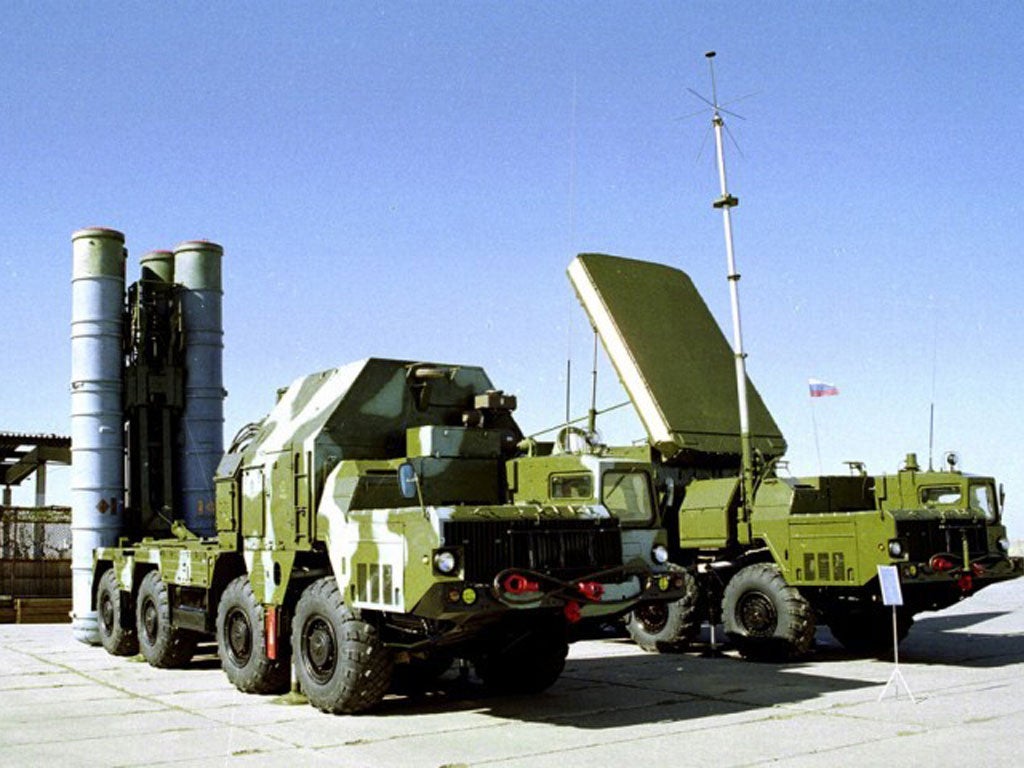Tehran claims missile-defence system will be ready – without Russia's help

Your support helps us to tell the story
From reproductive rights to climate change to Big Tech, The Independent is on the ground when the story is developing. Whether it's investigating the financials of Elon Musk's pro-Trump PAC or producing our latest documentary, 'The A Word', which shines a light on the American women fighting for reproductive rights, we know how important it is to parse out the facts from the messaging.
At such a critical moment in US history, we need reporters on the ground. Your donation allows us to keep sending journalists to speak to both sides of the story.
The Independent is trusted by Americans across the entire political spectrum. And unlike many other quality news outlets, we choose not to lock Americans out of our reporting and analysis with paywalls. We believe quality journalism should be available to everyone, paid for by those who can afford it.
Your support makes all the difference.Iran has built about 30 per cent of a missile-defence system it is developing in place of a Russian system that Moscow refused to sell it, and hopes to complete the project by next year, a senior Iranian military official said yesterday.
Farzad Esmaili, commander of the army's air-defence force, also reiterated that Iran will hold a large-scale air-defence exercise in the next two months covering the whole country, according to the Iranian Students' News Agency (ISNA).
Iran, under mounting pressure from Israel and Western powers over its controversial nuclear programme, has unveiled upgrades to weapons systems and held several military exercises this year to demonstrate its ability to defend itself. ISNA quoted Mr Esmaili as saying that Iran would test its air-defence systems in mid-to-late October or early November. "We will use whatever we have in order to defend Iran," Mr Esmaili said. "Today the main threat is an air threat, because it achieves quick results; therefore it was felt it was necessary that air defences work independently."
"A new, more advanced system with higher capabilities than the S-300 [system that Russia refused to sell Tehran] in detecting, identifying and destroying targets is pending," Mr Esmaili added. "About 30 per cent of the work related to building the Bavar-373 has been completed and we will make efforts so that we can announce the completion of this project by next year."
Moscow refused to sell the S-300 to Iran on the grounds that it would violate expanded UN sanctions imposed over Iran's nuclear programme. In November 2010, Tehran announced it had adapted another Russian-made missile system to perform more like the S-300, which can detect, track and destroy ballistic missiles, cruise missiles, and low-flying aircraft. Military experts, however, have cast doubt on Iran's claims of weapons advances.
Reuters
Subscribe to Independent Premium to bookmark this article
Want to bookmark your favourite articles and stories to read or reference later? Start your Independent Premium subscription today.
Join our commenting forum
Join thought-provoking conversations, follow other Independent readers and see their replies
Comments